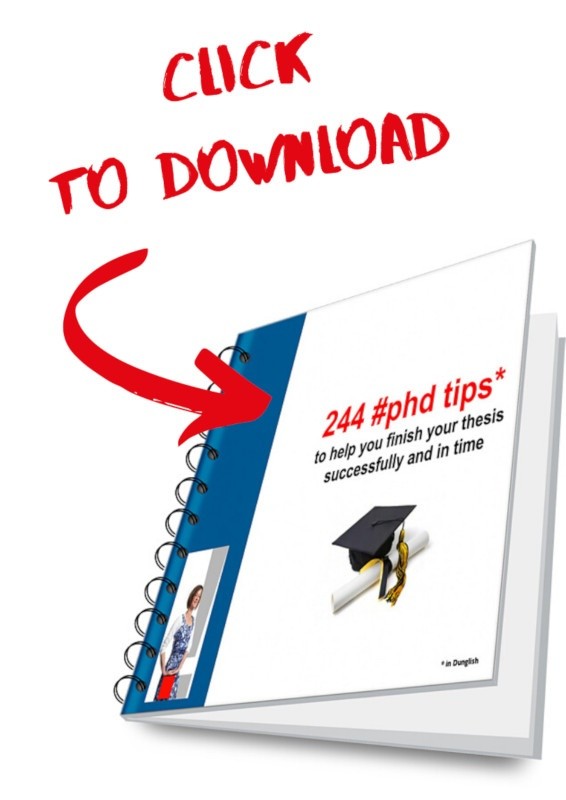As a PhD-student, you often have to deal with criticism. From your supervisor, from reviewers, from the audience if you give a lecture, maybe from your students, or from a different angle: friends or family.
It is important to be able to sort out useful criticism from the other kind. Often we need to do the sorting out for ourselves.
If the criticism is accurate, it often gives a sense of relief: ‘Ah, ha!’ so that is what is wrong with it.’ Useful criticism leaves us with one more puzzle piece for our work.
Useless criticism, on the other hand, leaves us with a feeling of being bludgeoned. This criticism is withering and shaming in tone; ambiguous in content; personal, inaccurate, or blanket in its condemnations. There is nothing to be gleaned from irresponsible criticism.
There are 9 rules of the road useful in dealing with any form of criticism.
- Receive the criticism all the way through and get it over with.
- Jot down notes to yourself on what concepts or phrases bother you.
- Jot down notes on what concepts or phrases seem useful.
- Do something very nurturing for yourself – read an old good review or recall a compliment.
- Remember even if something you wrote or said was no good, it may be a necessary stepping stone to your next work. A PhD matures in spurts and fits and need ugly-duckly growth stages.
- Look at the criticism again. Does it remind you of any criticism from your past? Acknowledge to yourself that the current criticism is triggering grief over a long-standing wound.
- Write a letter to the critic – not to be mailed, most probably. Defend your work and acknowledge what was helpful, if anything in the criticisms proffered.
- Get back on the horse. Make an immediate commitment to do something for your PhD.
- Do it. Acting is the only cure for criticism.
Photo via Flickr, by Mike Licht, NotionsCapital.com
Do you want to receive more tips, tricks and tools? Subscribe for the newsletter and receive 244 #phd tips. Click here.





